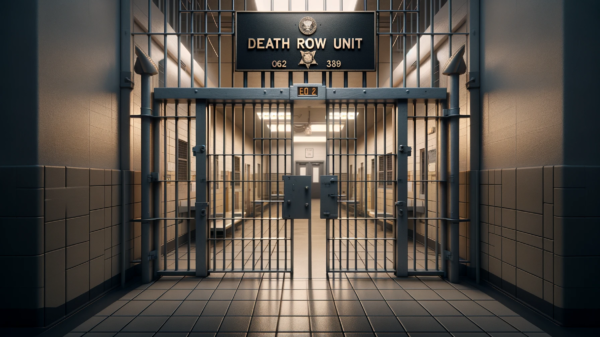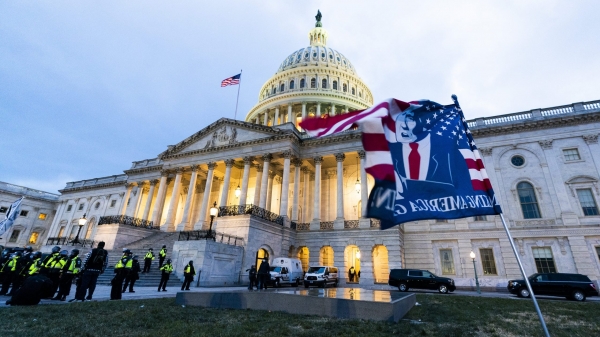Every 10 years the nation has a census count. There is a reason for that dissemination of our population. The United States and concurrently the Alabama Constitution require a census to determine how many Congressional seats each state will have. Then you also have to determine how those districts are designed to reflect that each congressional district is properly and equally apportioned.
On the state level, the legislative districts have to be dealt with the same way. The state legislature of each state is given the inherent constitutional power to draw the congressional lines as well as their own legislative lines. This is one of the most important and powerful tools granted legislatures throughout the nation.
There is one prevailing immovable constitutional provision that legislatures have to make paramount – every district must be equal in population. The one man one vote constitutional mandate must be adhered to because after all that is the reason for the census in the first place. Our legislature is poised to tackle the much-anticipated reapportionment issue in the current special session.
The states are late dealing with redistricting because of an inexplicable delay from the U.S. Census Bureau, probably COVID-related. The final numbers were just released about a month ago. They are usually available in January, soon after the census count ends.
The Census Bureau is now a large U.S. governmental department that makes and releases census projections throughout the 10-year span of drawing new districts. Their projections are fairly accurate.
We in Alabama were very concerned that we would lose a congressional seat from projections beginning five years ago. The actual figures gave us a reprieve. Alabama learned that our population grew by over five million. Therefore, we will keep our seven seats in Congress. We saved the seat by the skin of our teeth. We were right on the cusp. Many of you will be glad to know that the seat we saved was lost by New York.
This tells me that the Census Bureau figures are unbiased nor affected by politics. If they were, they would have showed the count to give the seat to New York. If given to New York, it would be a blue democratic seat, in Alabama it will be a red Republican seat.
However, when it comes to drawing the actual congressional and legislative lines, it is all political and the Courts have consistently said it is a political issue. Those that have the pen can draw the lines they want, as long as they are equal in population. For that reason, the Republican Party has placed a priority on controlling the state legislatures around the country. That is a wise political move given that the legislatures control their own and more importantly the congressional districts in the nation’s capital.
Like most legislation, the real work and decision-making is done in Committee. Therefore, the redistricting lines are being designed in a large part by members of the Reapportionment Committee. In fact, the members of this committee have been working on the lines the entire quadrennium. It is a plum and powerful, although tedious assignment. The Chairmen of the committees are Senator Jim McClendon, R-St. Clair, and Representative Chris Pringle, R-Mobile. The upcoming session will result in new lines for Alabama’s seven congressional districts, 105 House districts, 35 Senate districts, and eight State Board of Education districts.
Since it is a political process, you will see the Alabama Republican supermajority House and Senate remain a super two-to-one Republican majority. In fact, it will be difficult to not add more Republican districts because the population growth has been in the Republican enclaves of our fastest-growing counties. The growth counties of Baldwin, Madison, Lee, Shelby and Limestone may indeed get new seats in the legislature.
Currently there are 77 Republicans in the House and only 28 Democrats. In the Senate the numbers are even more amazingly favorable to Republicans. There are 27 Republicans and only 8 Democrats. These super-majority numbers could be easily drawn to add three more House seats and one more Republican Senate seat. However, they are reluctant to add more Republican seats because the U.S. Justice Department looks leerily at regressing in the number of majority-minority districts.
It will be an interesting political process. It only happens every 10 years.
We will keep you posted.






















































